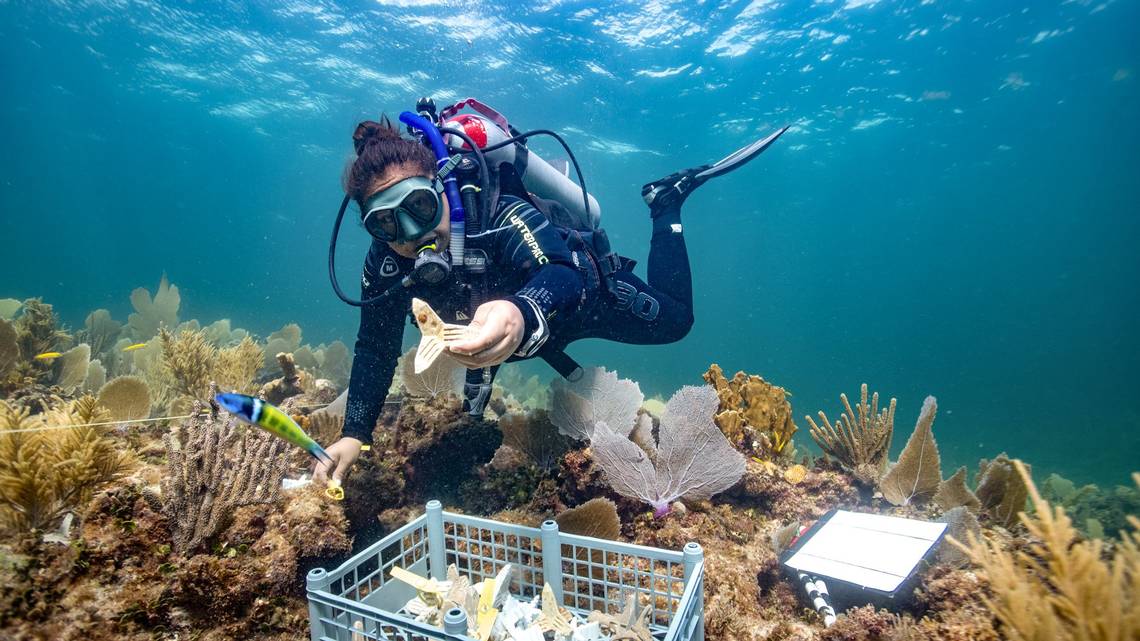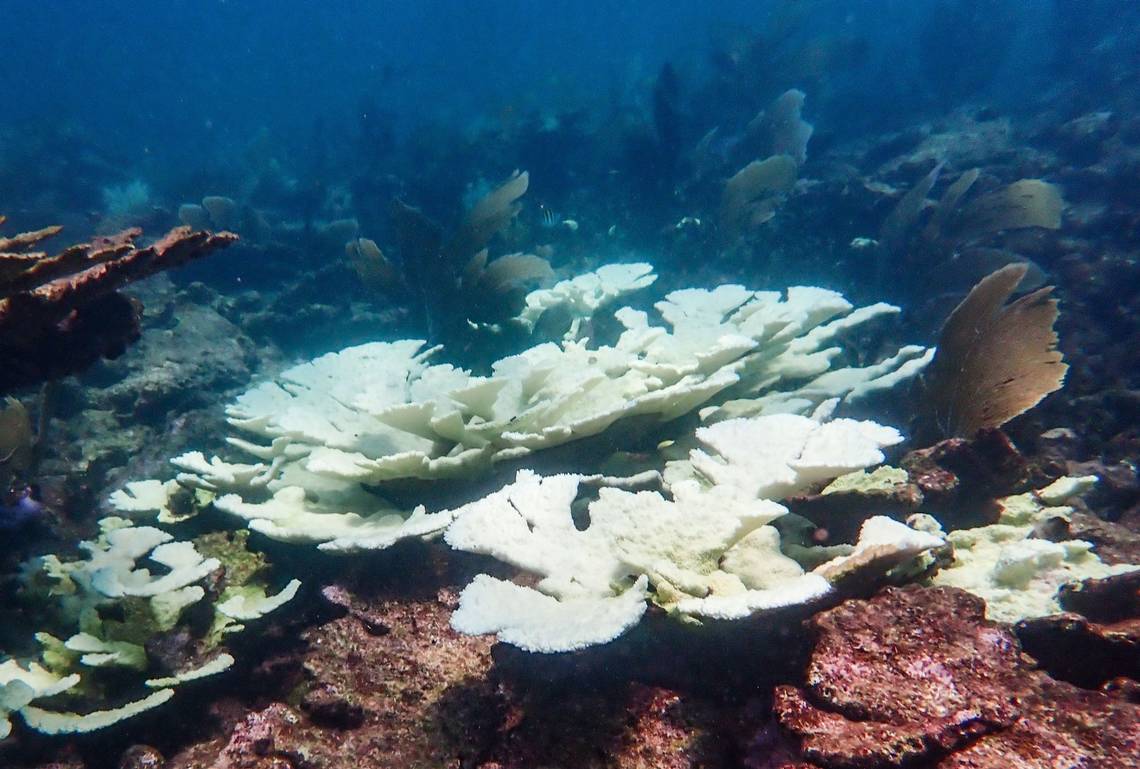In a groundbreaking study, young corals bred through in vitro fertilization (IVF) have shown impressive resilience during a severe marine heatwave, outperforming older corals that struggled to survive. Conducted by Secore International, the research revealed that approximately 90% of the young IVF-created corals maintained their health and vibrant colors, retaining their essential symbiotic algae.
In contrast, only about 25% of older non-IVF corals managed to stay healthy, with many suffering from bleaching or death due to extreme temperatures.
Dr. Margaret Miller, the lead author of the study, expressed surprise at the findings amidst the dire conditions caused by the heatwave. The success of the young corals suggests that their genetic diversity, achieved through IVF techniques, may enhance their adaptability to environmental changes.
Unlike traditional restoration methods that involve fragmenting existing corals, IVF increases genetic variation, which could significantly improve the corals’ chances of survival in a warming ocean.

The study focused on 771 young corals planted in restored reefs across various regions, including Mexico and the Dominican Republic. Researchers found that young elkhorn corals thrived while older corals faced significant mortality rates. This highlights the critical role of genetically diverse young corals in reef restoration efforts, particularly in areas previously devastated by disease outbreaks.
While the reasons for the young corals’ heightened heat tolerance are still being explored, researchers believe that their ability to acquire heat-tolerant algae and their exploratory nature during early development may play key roles. This adaptability could allow them to establish symbiotic relationships with more resilient algal partners, enhancing their chances of survival in increasingly stressful environments.
Despite the promising results, Dr. Miller cautioned that young corals may become more vulnerable to heat stress as they age, especially given the rising frequency of bleaching events. She emphasized the necessity of addressing climate change as a root cause, stating that while coral propagation is vital for immediate restoration efforts, it alone cannot secure the long-term survival of coral populations. Continued conservation efforts are essential to support these ecosystems during a time of rapid environmental change.

